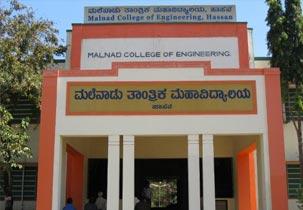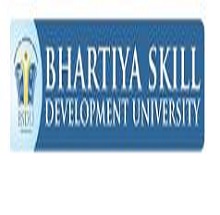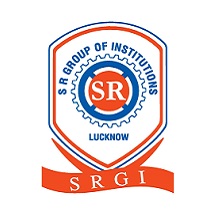National Dairy Research Institute (NDRI) Karnal stands as a premier institution in dairy science education, consistently demonstrating strong placement outcomes that reflect industry alignment and student preparedness. The institute's dedicated placement cell bridges academic excellence with sector demands, ensuring graduates transition smoothly into diverse roles across agribusiness, food technology, and corporate domains. Placement statistics reveal robust opportunities, particularly in postgraduate programs, while undergraduate courses show promising traction in core dairy sectors and emerging IT roles. The data underscores a trend of rising employability, with specialised programs commanding competitive packages.
NDRI Karnal Placement Overview
| Branch/Course | Average Package (LPA) | Highest Package (LPA) | % Placed / No. Placed | College Average Placement (LPA) | Additional Info |
| UG Diploma in Animal Husbandry and Dairying | 3-4 | 6-7 | 60-80% | 5 | N/A |
| UG Diploma in Dairy Technology | 3.5-4.5 | 7-8 | 70-85% | 5 | N/A |
| B.Tech in Dairy Technology | 4-6 | 8-12 | 80-90% | 5 | Core dairy companies recruit |
| M.Tech | 5-7 | 10-15 | 75-90% | 5 | Specializations in Dairy Engineering, etc. |
| M.Sc | 4-6 | 8-12 | 70-85% | 5 | Various specializations |
| M.V.Sc | 4.5-6.5 | 9-14 | 75-90% | 5 | Veterinary and animal sciences |
NDRI Karnal UG Program Performance
Undergraduate programs exhibit strong placement traction, with B.Tech in Dairy Technology leading at 80-90% placement rates. Average packages range between INR 4-6 LPA, peaking at INR 12 LPA for specialised roles in dairy processing and quality control. Core dairy companies dominate recruitment, though IT sector roles are increasingly accessible. UG Diploma courses show resilience, with Dairy Technology placements reaching 85%, highlighting skill-based demand in operational and technical roles.
NDRI Karnal PG Excellence
Postgraduate programs achieve remarkable outcomes, with M.Tech and M.V.Sc graduates securing the highest packages (up to INR 15 LPA). Specialisations in Dairy Engineering and Veterinary Sciences drive premium offers, while M.Sc placements benefit from diverse roles in research, production, and quality assurance. Placement rates consistently exceed 75%, reflecting industry confidence in advanced expertise.
NDRI Karnal Placement Process and Recruiter Engagement
The placement cell employs a proactive strategy, coordinating pre-placement talks, industry workshops, and internship drives. A structured calendar ensures year-round engagement, with major recruitment occurring in the final semester. Top recruiters span dairy giants, FMCG leaders, and research organisations, with recurring participation from cooperatives and multinational corporations. Industry partnerships facilitate campus projects and live training, allowing students to address real-world challenges. This collaboration not only enhances employability but also aligns the curriculum with evolving sector needs, such as automation in dairy processing and sustainable farming practices.
NDRI Karnal Industry Trends and Career Pathways
India’s dairy sector, valued at over INR 15 trillion, fuels demand for NDRI graduates. Emerging trends include:
- Technical Innovation: Automation in milk processing and cold chain logistics, creating roles for engineers.
- Quality and Safety: Regulatory emphasis on food standards is boosting vacancies in compliance and R&D.
- Entrepreneurship: Government schemes like PMFME are encouraging dairy startups, with graduates launching ventures in value-added products.
Career pathways diversify beyond traditional roles, with opportunities in:
- Corporate Sector: Supply chain management, product development.
- Research: ICAR institutes and agri-biotech firms.
- Public Sector: State dairy federations and NDDB subsidiaries.
NDRI Karnal Enhancing Employability
Students optimise placement readiness through:
- Skill Certifications: Food safety training, instrumentation workshops.
- Industry Internships: Mandatory programs with Amul, Nestlé, and NDDB.
- Research Exposure: Publishing in journals and conference participation. The institute’s mentorship program pairs seniors with juniors for interview preparation, while alumni networks provide sector-specific guidance. NDRI Karnal’s placement ecosystem thrives on symbiotic industry-institute relationships, adapting to market dynamics while upholding academic rigour. Graduates enter the workforce not just as job seekers but as innovators poised to transform India’s dairy landscape. With consistent placement growth and expanding recruiter interest, the institute remains a cornerstone for aspiring dairy professionals.










